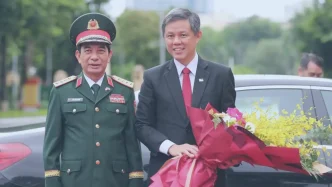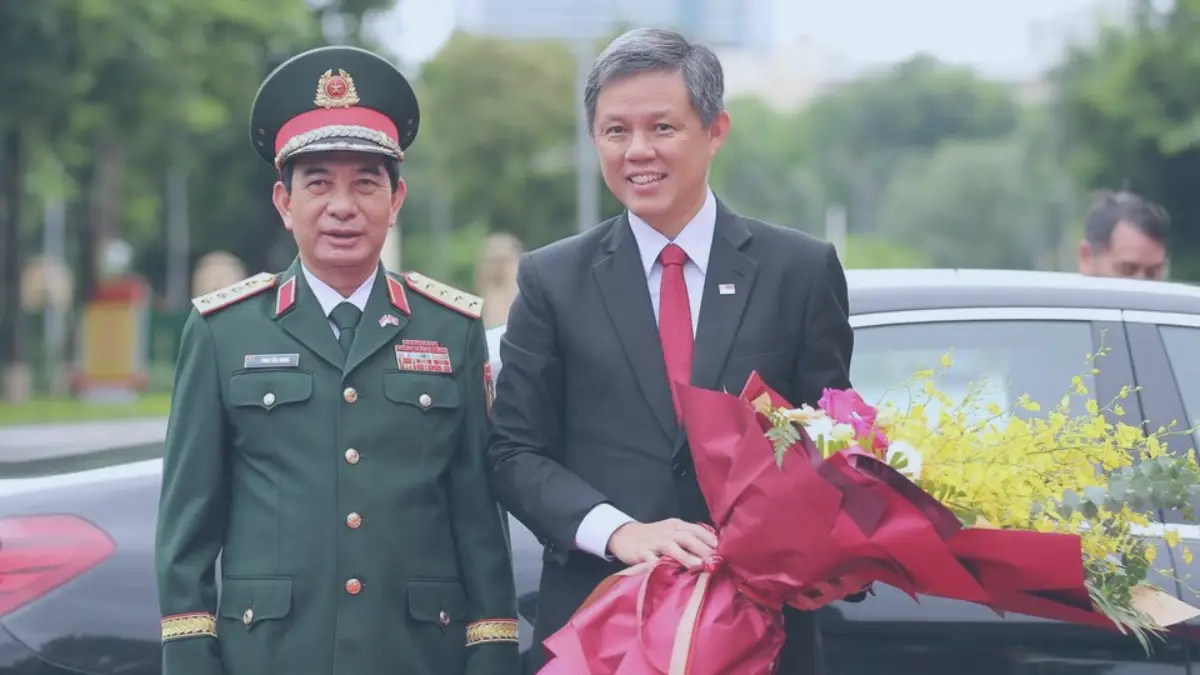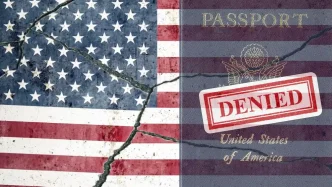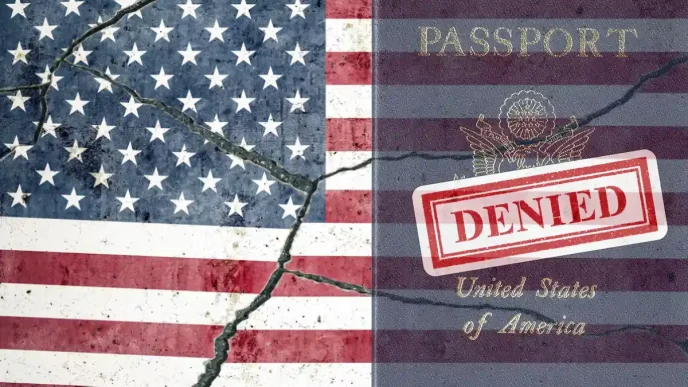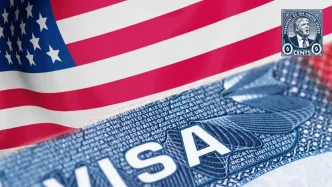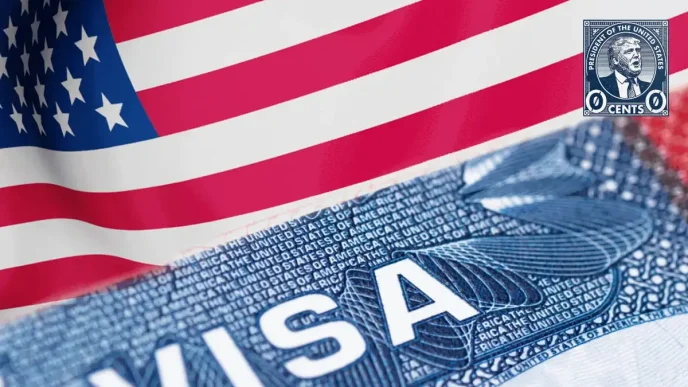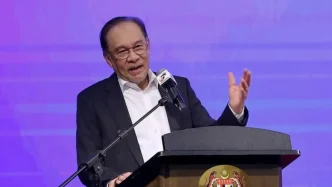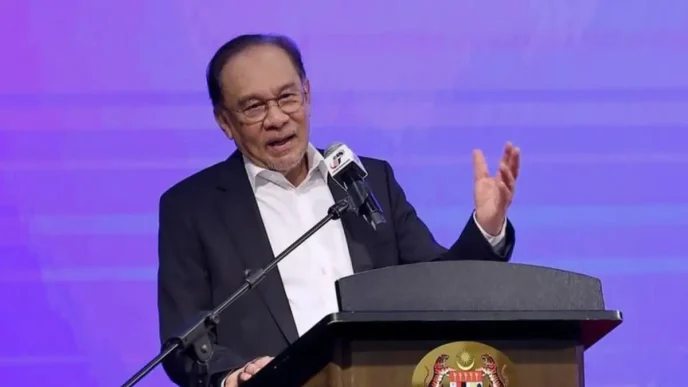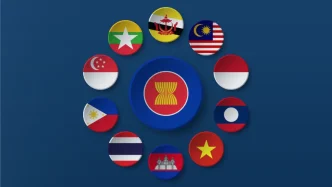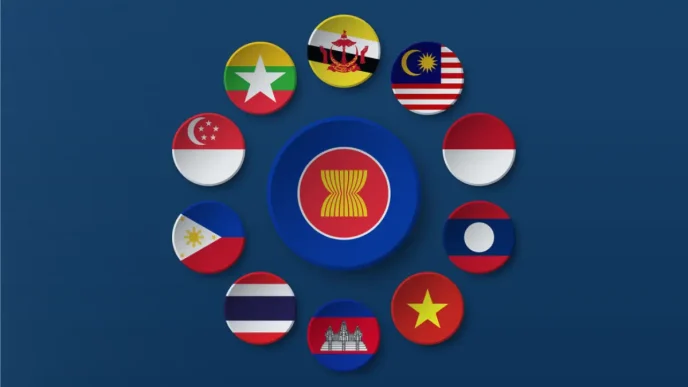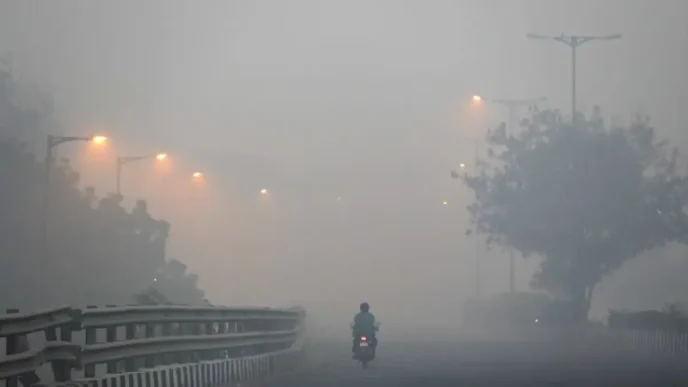In a significant step toward deeper regional cooperation, Vietnam’s Minister of National Defence, General Phan Van Giang, hosted his Singaporean counterpart, Chan Chun Sing, in Hanoi on July 22, 2025, for talks aimed at bolstering defence ties. The meeting, marked by a formal welcome ceremony, underscored the growing strategic alignment between the two ASEAN nations, building on the recent upgrade of their bilateral relationship to a Comprehensive Strategic Partnership in March 2025.
A Milestone in Bilateral Relations
The discussions between General Phan Van Giang and Chan Chun Sing highlighted the robust friendship and shared strategic interests that define Vietnam-Singapore relations. General Giang described the elevation to a Comprehensive Strategic Partnership as a historic milestone, opening a new chapter for collaboration across multiple domains, with defence at the forefront. This partnership, he noted, has already yielded substantial results, enhancing political trust through consistent high-level exchanges and structured dialogue mechanisms.
Defence cooperation between Hanoi and Singapore has been a cornerstone of their relationship within the ASEAN framework. Both nations have prioritized mutual visits at all levels, maintained effective consultation platforms like the defence policy dialogue, and fostered information and personnel exchanges. These efforts have not only strengthened bilateral ties but also contributed to regional stability, particularly in areas such as maritime security and safety, which remain a bright spot in their collaboration.
General Giang expressed appreciation for Singapore’s support, including scholarships for specialized training and language courses for Vietnamese military personnel. He also acknowledged the opportunity for officers from Vietnam’s Navy, Coast Guard, and Border Guard to work at Singapore’s Information Fusion Centre (IFC), a key hub for regional maritime security coordination. Gratitude was further extended for Singapore’s participation in significant Vietnamese events, such as the 80th anniversary of the Vietnam People’s Army, the 35th anniversary of the All-People Defence Festival, and the Vietnam International Defence Expo 2024.
Deepening Practical Cooperation
The Hanoi talks were not merely ceremonial; they laid out a clear roadmap for future defence collaboration. General Giang proposed a range of practical measures to sustain and expand cooperation. These include continuing mutual visits at all levels, maintaining consultation and dialogue mechanisms, and enhancing personnel training programs. He also emphasized the importance of military medicine, professional experience sharing, and exchanges among young officers as critical areas for growth.
Beyond bilateral efforts, General Giang called for sustained mutual support at ASEAN defence and security forums, as well as at international events hosted by either nation. This aligns with the broader ASEAN goal of fostering a cohesive regional security architecture, where Vietnam and Singapore play active roles in shaping dialogue and policy.
Chan Chun Sing echoed these sentiments, stressing the need to elevate defence ties to match the ambition of the Comprehensive Strategic Partnership. He affirmed Singapore’s readiness to welcome Vietnamese officers for training programs and expressed strong support for maintaining effective consultation mechanisms. Looking ahead, Chan highlighted his anticipation for the upcoming defence policy dialogue to be hosted in Vietnam, signaling a commitment to sustained engagement at both strategic and operational levels.
Broader Implications for ASEAN
The Vietnam-Singapore defence talks come at a time when Southeast Asia faces complex security challenges, from maritime disputes in the South China Sea to the need for coordinated responses to transnational threats like cybersecurity and terrorism. As active members of ASEAN, both nations have consistently supported each other at multilateral forums, reinforcing the bloc’s centrality in addressing regional issues.
Their defence collaboration serves as a model for intra-ASEAN partnerships, demonstrating how bilateral ties can contribute to collective security goals. For Vietnam, strengthening ties with Singapore—a key regional player with advanced military capabilities and strategic positioning—enhances its own defence posture while fostering trust with a partner that shares its commitment to a rules-based regional order.
For Singapore, the partnership with Vietnam offers strategic depth, providing access to perspectives and operational insights from a nation with a significant military history and a growing role in ASEAN affairs. The emphasis on training and personnel exchanges, as highlighted by both ministers, ensures that this relationship is not merely symbolic but grounded in tangible capacity-building efforts.
Historical Context and Recent Developments
The defence relationship between Vietnam and Singapore has evolved significantly over the past decade, reflecting broader shifts in their bilateral engagement. The two countries established diplomatic relations in 1973, but it was the signing of a Defence Cooperation Agreement in 2009 that formalized military ties. Since then, regular high-level visits, joint exercises, and participation in multilateral initiatives have become hallmarks of their partnership.
The upgrade to a Comprehensive Strategic Partnership in March 2025 was a culmination of years of deepening trust and cooperation. This status, which places Vietnam among Singapore’s closest regional partners, extends beyond defence to encompass trade, education, and technology. However, defence remains a critical pillar, given the shared recognition of security as a prerequisite for economic and social progress.
Recent years have seen an increase in collaborative activities, particularly in maritime security—a domain of mutual interest given Vietnam’s extensive coastline and Singapore’s role as a global maritime hub. Training programs have also expanded, with Singapore hosting Vietnamese officers for courses that enhance interoperability and professional skills. These initiatives are complemented by Vietnam’s hosting of events like the International Defence Expo, which provide platforms for dialogue and showcase advancements in military technology.
Challenges and Opportunities Ahead
While the trajectory of Vietnam-Singapore defence ties is overwhelmingly positive, challenges remain. Aligning defence priorities within the broader ASEAN framework requires navigating divergent national interests and varying levels of military capability among member states. Both Vietnam and Singapore must also contend with external pressures, including geopolitical tensions involving major powers that influence regional dynamics.
Yet, these challenges also present opportunities. By maintaining open channels of dialogue and prioritizing practical cooperation, Hanoi and Singapore can set a precedent for how ASEAN nations can work together to address shared threats. The focus on training and young officer exchanges, for instance, builds a foundation for long-term trust and understanding, ensuring that future generations of military leaders are equipped to collaborate effectively.
Moreover, the emphasis on multilateral support at ASEAN forums underscores a commitment to collective security. As both nations prepare for the upcoming defence policy dialogue in Vietnam, there is an opportunity to refine strategies and address emerging issues, such as the integration of new technologies in defence operations or the impact of climate change on regional security.
A Visit Beyond the Talks
On the same day as the bilateral discussions, Chan Chun Sing visited the headquarters of Vietnam’s Military Industry and Telecoms Group (Viettel), a state-owned enterprise that plays a pivotal role in the country’s defence and telecommunications sectors. While details of the visit were not publicly disclosed, it likely provided insight into Vietnam’s military-industrial capabilities and potential areas for technological collaboration—an increasingly important dimension of modern defence partnerships.
Such engagements highlight the multifaceted nature of Vietnam-Singapore relations, where defence cooperation extends beyond traditional military spheres to include innovation and industry. This aligns with Singapore’s own focus on leveraging technology for security, offering a potential avenue for joint projects or knowledge sharing in the future.
As Vietnam and Singapore continue to build on their Comprehensive Strategic Partnership, the outcomes of these defence talks signal a deepening commitment to regional stability and mutual growth. The question remains how their collaboration will evolve in response to emerging challenges, and whether it can serve as a catalyst for broader ASEAN unity in an increasingly complex geopolitical landscape.

